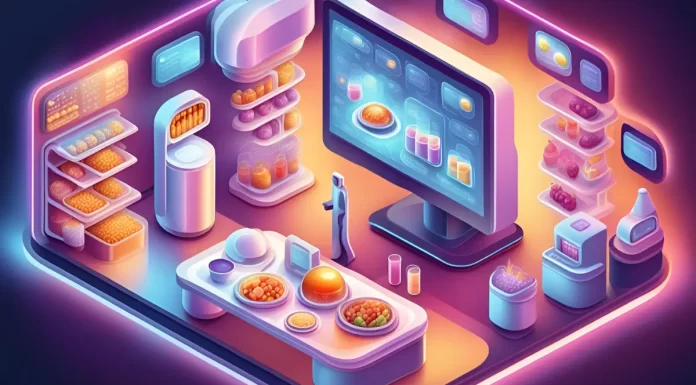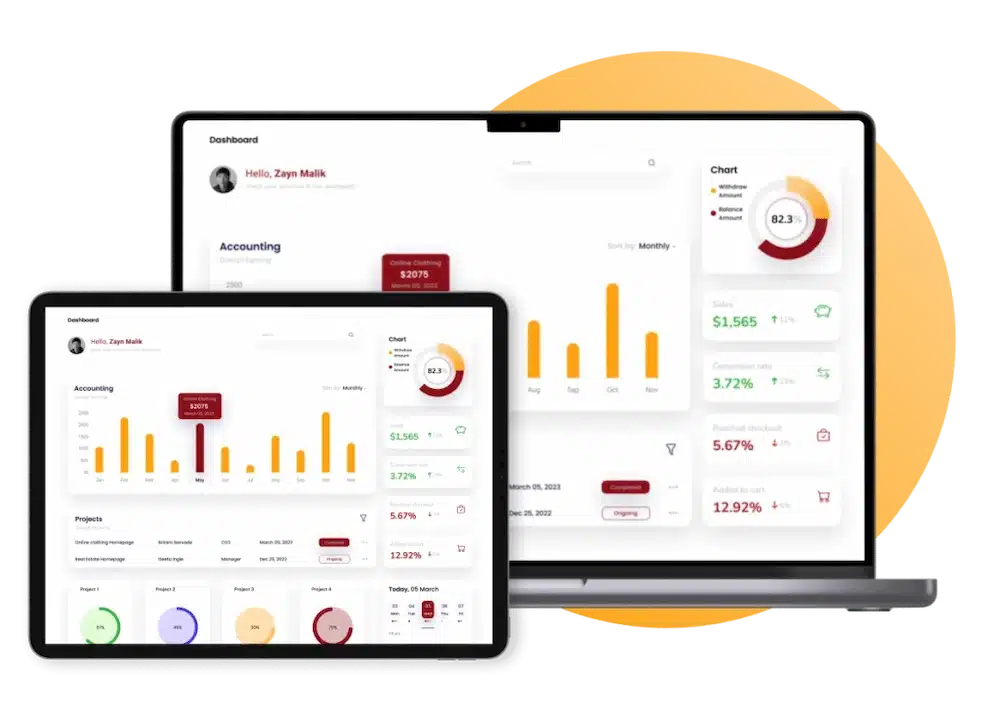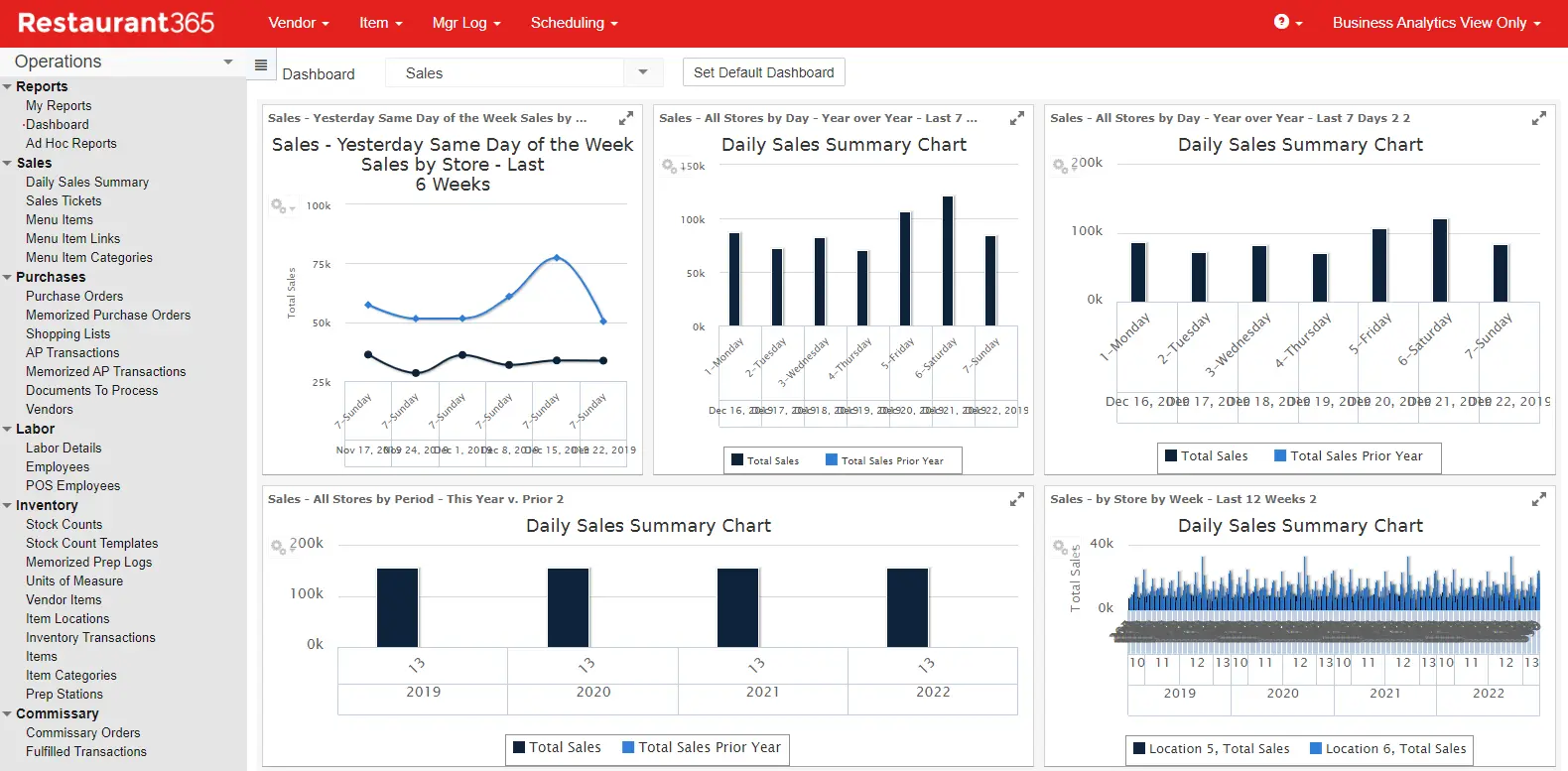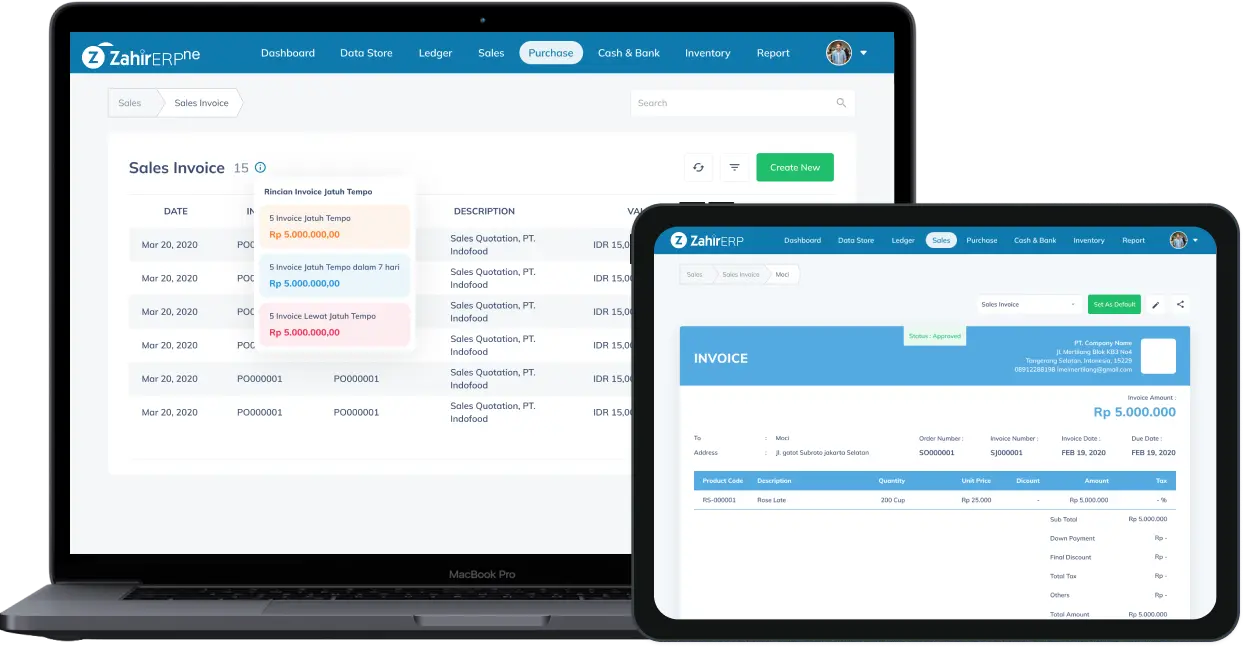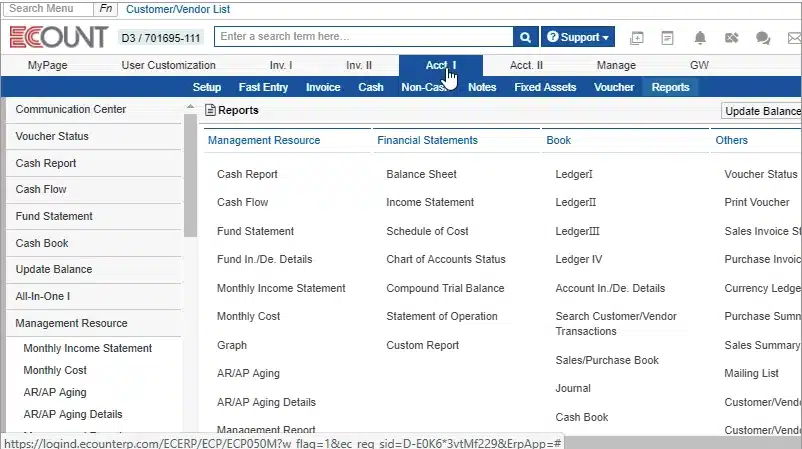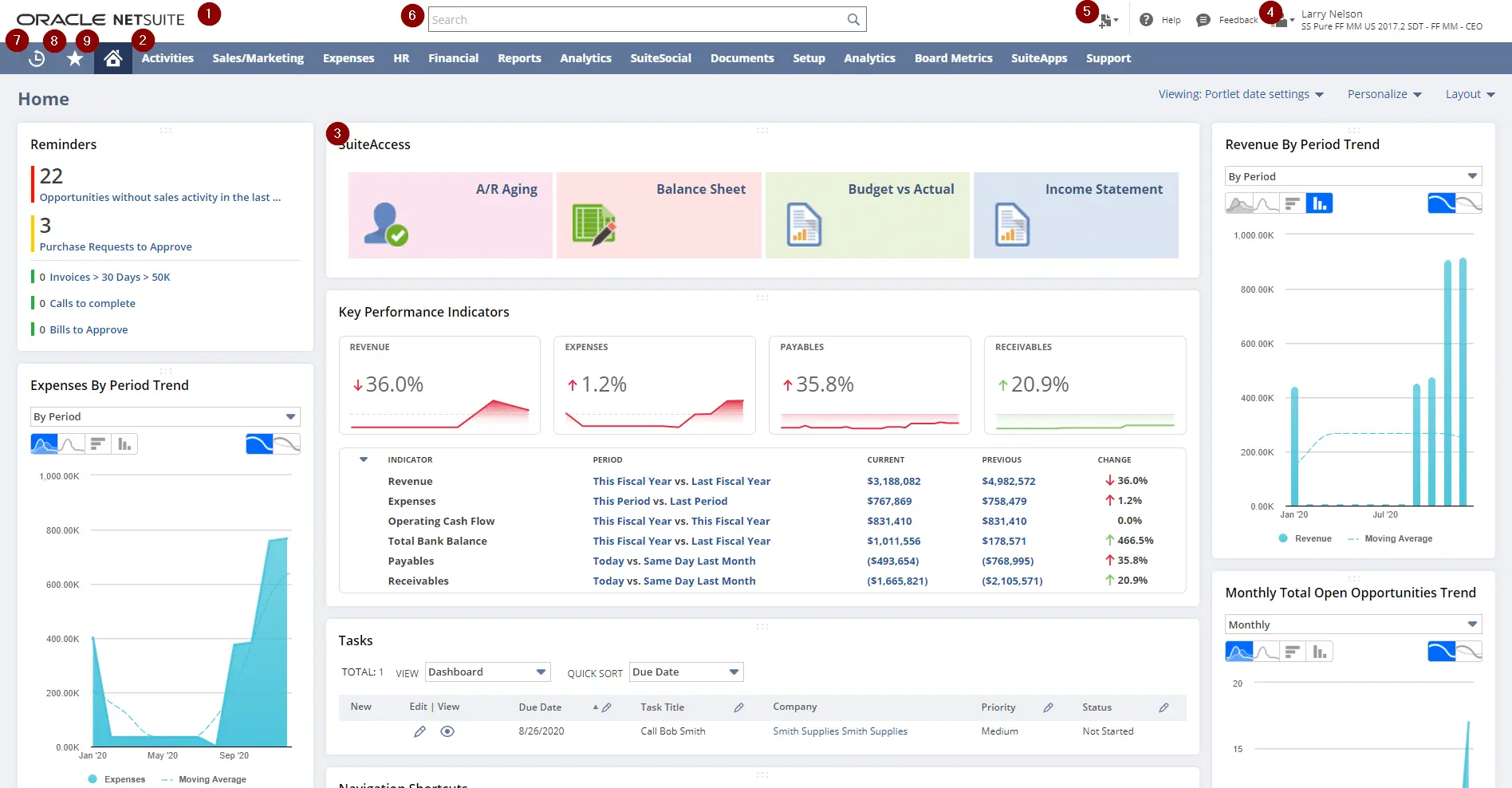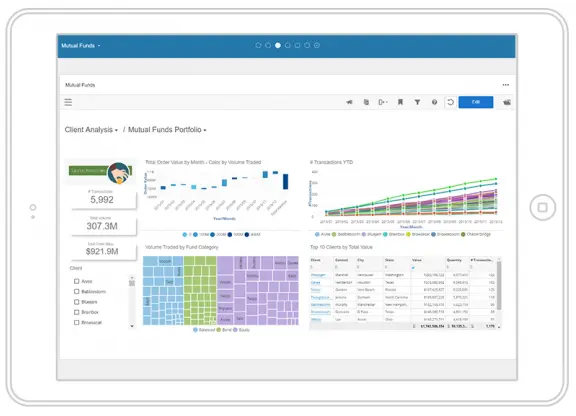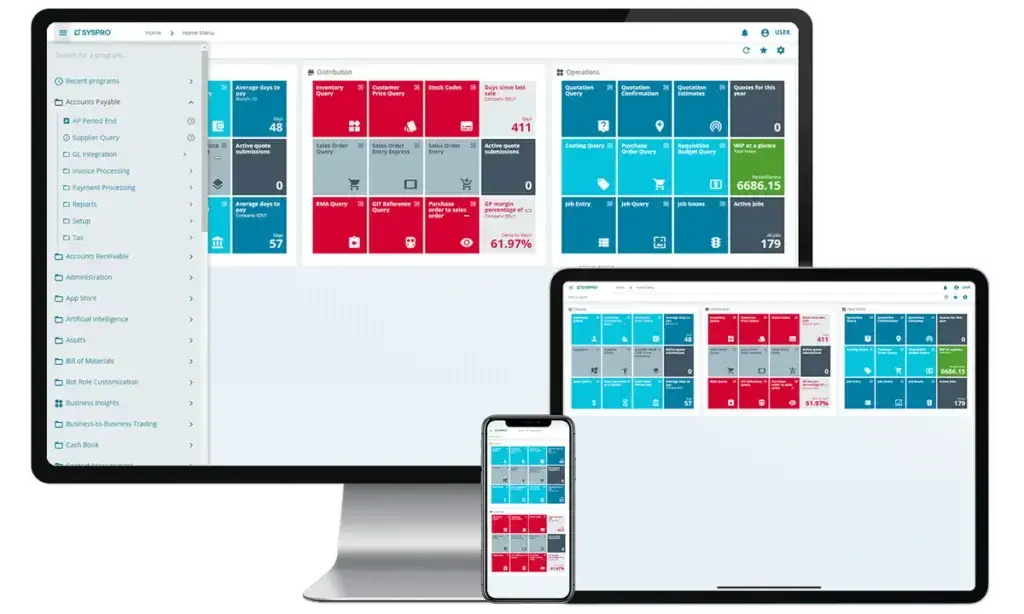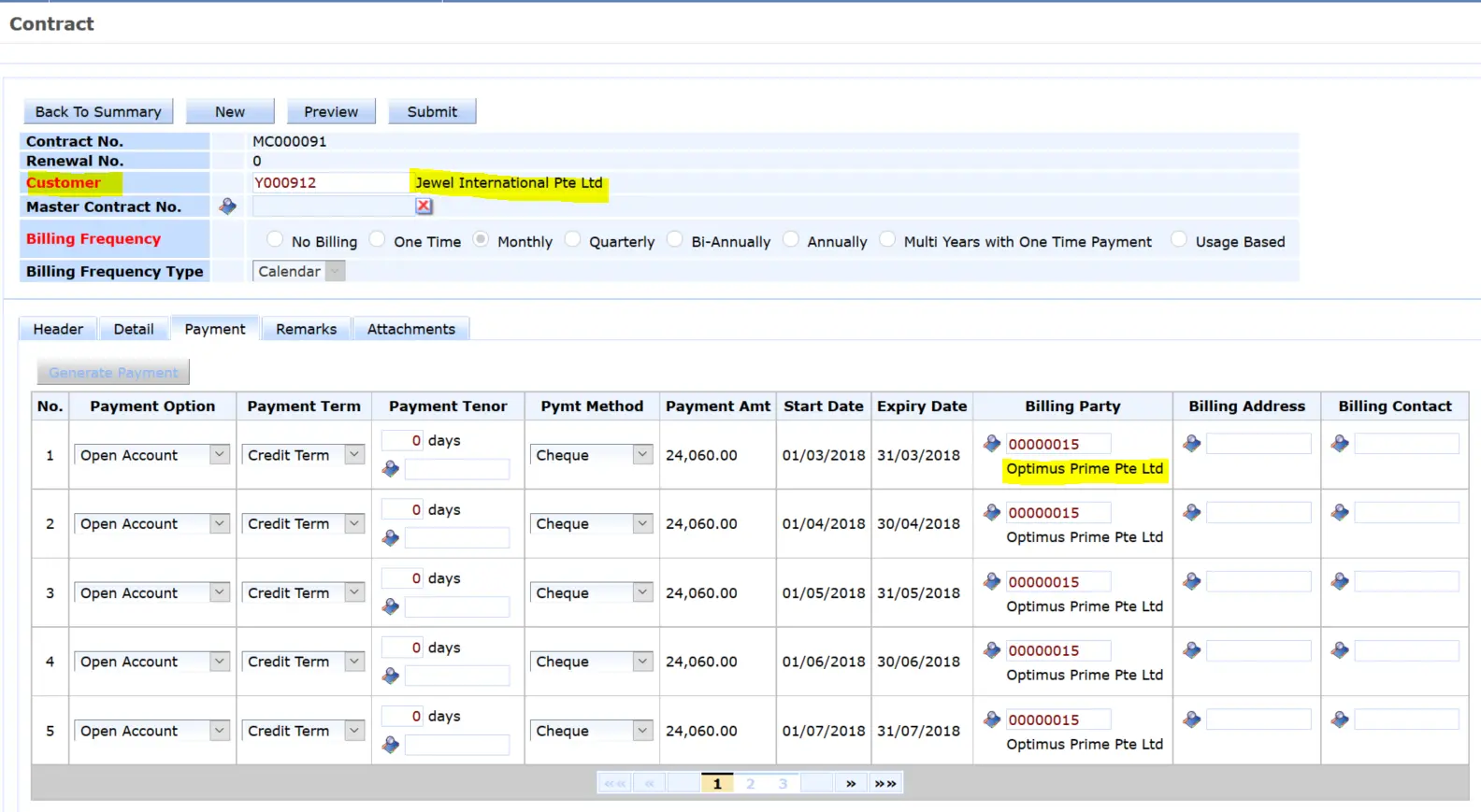Ang industriya ng Pagkain at inumin (F&B) ng Pilipinas ay may mahaba at dinamikong kasaysayan.
As the food and beverage (F&B) industry grows, practical management tools become essential. Implementing an Enterprise Resource Planning (ERP) system can significantly enhance operational efficiency.
Without an ERP, businesses risk falling behind. They face challenges like tracking expiration dates and managing lot numbers, leading to costly mistakes and compliance issues.
The right ERP solution can streamline these processes, but many may wonder: Is the investment worth it? Will it address my business’s specific needs? Ensuring compliance with HACCP standards and simplifying oversight for restaurants with multiple locations can alleviate these concerns.
Success in the competitive Philippine F&B market requires culinary expertise, operational efficiency, and strong management. However, the fear of making the wrong ERP choice can be daunting.
This article will explore the top 8 ERP systems available in the Philippines, highlighting their features to help you make an informed decision for your enterprise.
Table of Contents
Key Takeaways
|
Key Benefits of ERP for the F&B Sector
Integrating food and beverage ERP software in the Philippines can transform operations and deliver substantial benefits. Here are the key advantages of implementing a food and beverage ERP system:
1. Enhanced Inventory Management
Food and beverage ERP software offers advanced capabilities for real-time inventory tracking, allowing businesses to maintain optimal stock levels while minimizing waste.
By closely monitoring inventory levels, companies can ensure they always have the right stock, particularly for perishable goods with a limited shelf life.
Additionally, automated alerts can notify managers when items run low, facilitating timely reordering and reducing the likelihood of expired products.
2. Improved Production Planning
Implementing a food and beverage ERP system significantly enhances production planning by optimizing production schedules based on demand forecasts and resource availability.
This optimization allows for better allocation of raw materials, labour, and equipment, which reduces idle time and enhances overall efficiency.
Businesses can boost productivity by minimizing downtime, ensuring they meet consumer demands without incurring unnecessary costs. As a result, production processes become smoother and more predictable, enabling companies to respond swiftly to market changes.
3. Regulatory Compliance
The food and beverage industry is subject to strict safety, quality, and labelling regulations. ERP software aids companies in meeting these regulations by maintaining accurate and comprehensive records of all ingredients and production processes.
Moreover, the software can help ensure that all products comply with local and international standards, reducing the risk of legal issues and enhancing the company’s reputation for quality and safety.
4. Cost Control
With robust financial reporting and cost-tracking features, food and beverage ERP systems empower businesses to monitor their expenses closely.
By analyzing detailed cost reports, companies can identify inefficiencies and areas where savings can be achieved, whether through renegotiating supplier contracts, optimizing labor costs, or minimizing waste.
5. Enhanced Customer Satisfaction
ERP systems improve customer satisfaction by enhancing order accuracy and ensuring timely deliveries.
By integrating customer relationship management (CRM) features, businesses can easily access customer preferences and order histories, allowing for more personalized and responsive service.
Ultimately, satisfied customers are more likely to return and recommend the business to others, driving further growth and success.
6. Scalability and Flexibility
Food and beverage ERP software can grow with the business, accommodating new processes and additional product lines. This flexibility ensures that the ERP solution remains effective as the company expands.
By utilizing a food and beverage ERP system, businesses in the Filipino FnB sector can achieve enhanced efficiency, compliance, and customer satisfaction, positioning themselves for long-term success.
8 Best Food and Beverage ERP Software for Philippines Business
Choosing the right food ERP software is vital for the success of food and beverage businesses in the Philippines. F&B industry encounters unique challenges, such as inventory management, regulatory compliance, and product quality. Thus, a customized food ERP solution can significantly enhance operations.
Here are 8 of the best food and beverage ERP software options that can help businesses in the Philippines.
1. HashMicro Food and Beverage ERP Software
Hash F&B Software’s robust ERP system provides a comprehensive solution. This software simplifies various management tasks, including reservations, table assignments, memberships, promotions, upselling, and cross-selling.
Moreover, Hash F&B Technology has advanced features that simplify intricate F&B operations. Everything, from customer order management to product marketing and financial oversight, can be handled with just a few clicks.
Additionally, self-order kiosks enhance customer experience, while improved communication between servers and chefs allows for optimized marketing strategies and informed business decisions.
| Pros | Cons |
|
|
This software is designed to improve efficiency, boost customer satisfaction, and enhance overall business performance in the F&B sector.
If you’re looking for ERP software Philippines, HashMicro’s food ERP software offers key benefits that can transform your operations.
Once you understand these advantages, you can discuss pricing options with our team to assess your business needs. Our experts will guide you through the process to ensure you get the most suitable solution.
Hayaan kaming tulungan kang dalhin ang iyong negosyo sa susunod na antas!

2. Restaurant365 F&B ERP
Restaurant365 F&B ERP delivers real-time solutions and enhancements that help you monitor and address the impacts of product recalls and supply chain issues in the food and beverage sector.
With Restaurant365, you can effectively manage efforts to prevent product recognition, reduce its consequences, and pinpoint the underlying causes of product defects.
Moreover, Restaurant365 can significantly speed up and enhance the flexibility of your F&B business in Philippines, allowing you to maintain low costs and minimize the reputational damage caused by product recalls.
| Pros | Cons |
|
|
3. Zahir ERP
Zahir streamlines daily cash sales management, enabling business owners to operate efficiently. With Zahir, you can effortlessly track daily sales without the hassle of manual recording, saving you valuable time on your tasks.
The software also automates inventory management, adjusting stock levels during sales transactions based on your predefined recipes or materials. Furthermore, Zahir simplifies managing multiple outlets, providing integrated recording across branches for enhanced efficiency.
| Pros | Cons |
|
|
4. ECOUNT ERP
Ecount ERP is a versatile software solution that caters to the unique needs of the F&B industry. Its real-time document collaboration, project budgeting, and expense reporting features streamline operations and enhance decision-making.
Ecount empowers F&B businesses to optimize their financial management and boost overall productivity by facilitating efficient budgeting, tracking expenses, and improving communication.
By leveraging Ecount’s capabilities, F&B businesses can achieve greater efficiency, reduce costs, and improve customer satisfaction.
| Pros | Cons |
|
|
5. NetSuite ERP Software
Oracle NetSuite ERP is a comprehensive solution designed specifically to meet the needs of modern businesses, including the F&B industry.
With advanced features such as supply chain management, enterprise resource planning, and business intelligence, NetSuite helps F&B businesses optimize operations, increase efficiency, and make better data-driven decisions.
One of NetSuite’s main advantages is its ability to integrate various aspects of a business, from finance to customer management. This allows F&B businesses to have a more holistic view of their operations, identify growth opportunities, and reduce risks.
In addition, NetSuite offers high flexibility and scalability, so it can accommodate business growth over time.
| Pros | Cons |
|
|
6. Infor ERP Cloud Software
Infor ERP offers a robust solution for F&B businesses, streamlining operations and providing valuable insights. Its financial management module can track ingredient costs, manage inventory, and calculate food costs accurately.
The supply chain management component helps optimize procurement, ensuring timely delivery of fresh ingredients while minimizing waste.
Additionally, Infor ERP can assist F&B businesses in managing production processes, from recipe formulation to quality control.
By leveraging Infor ERP, F&B businesses can enhance operational efficiency, reduce costs, and make data-driven decisions to improve profitability.
| Pros | Cons |
|
|
7. SYSPRO ERP System
Syspro ERP offers features tailored to optimize operations within the food and beverage (F&B) industry. One of its standout functionalities is integrated human resource planning, ensuring that the right skills match appropriate tasks.
This enhances productivity and supports strategic decision-making in workforce management, allowing businesses to operate more efficiently.
Additionally, Syspro’s inventory management capabilities help prevent overstocking and stockouts, significantly reducing operational costs. By ensuring timely product availability, these features improve overall operational efficiency and customer satisfaction.
| Pros | Cons |
|
|
8. Synergixtech Food and Beverage Systems
Synergixtech is part of the Synergix F&B ERP solutions that offer a comprehensive ERP system. This Food ERP system lets you plan and execute stages carefully to meet customer orders.
Additionally, Synergixtech provides integrated kitchen management software, offering real-time visibility from food order management to kitchen scheduling.
Whenever plans change, the system allows for real-time notifications to kitchen staff.
Furthermore, Synergixtech’s food and beverage ERP system enhances control, flexibility, and transparency in F&B management, enabling managers to monitor the performance of various departments.
| Pros | Cons |
|
|
Conclusion
As competition among food and beverage businesses in the Philippines continues to grow, adopting an effective ERP system is essential for ongoing success. HashMicro offers a tailored solution with its HashMicro ERP designed for the F&B industry.
With HashMicro’s ERP software, you can easily manage complex tasks such as customer orders, finances, and product marketing with just a few clicks.
For those in the Philippines looking to enhance their F&B operations, downloading the pricing scheme for HashMicro ERP can provide valuable cost estimates.
Iiskedyul ang iyong libreng demo ngayon upang maranasan ang mga pagbabagong benepisyo ng ERP system na ito mismo.

FAQ
-
What is ERP in relation to food safety?
Integration is essential for implementing effective systems that ensure food safety across a company’s operations.
-
Why is ERP crucial for the food and beverage industry?
ERP systems help food businesses enhance customer service by delivering real-time information on orders, inventory, and delivery schedules.
-
Do restaurants require ERP?
Utilizing restaurant-specific technology, like an ERP system tailored for the industry, can assist both corporate and franchise locations in improving operational efficiency, fostering ongoing growth, and making informed, data-driven decisions.







